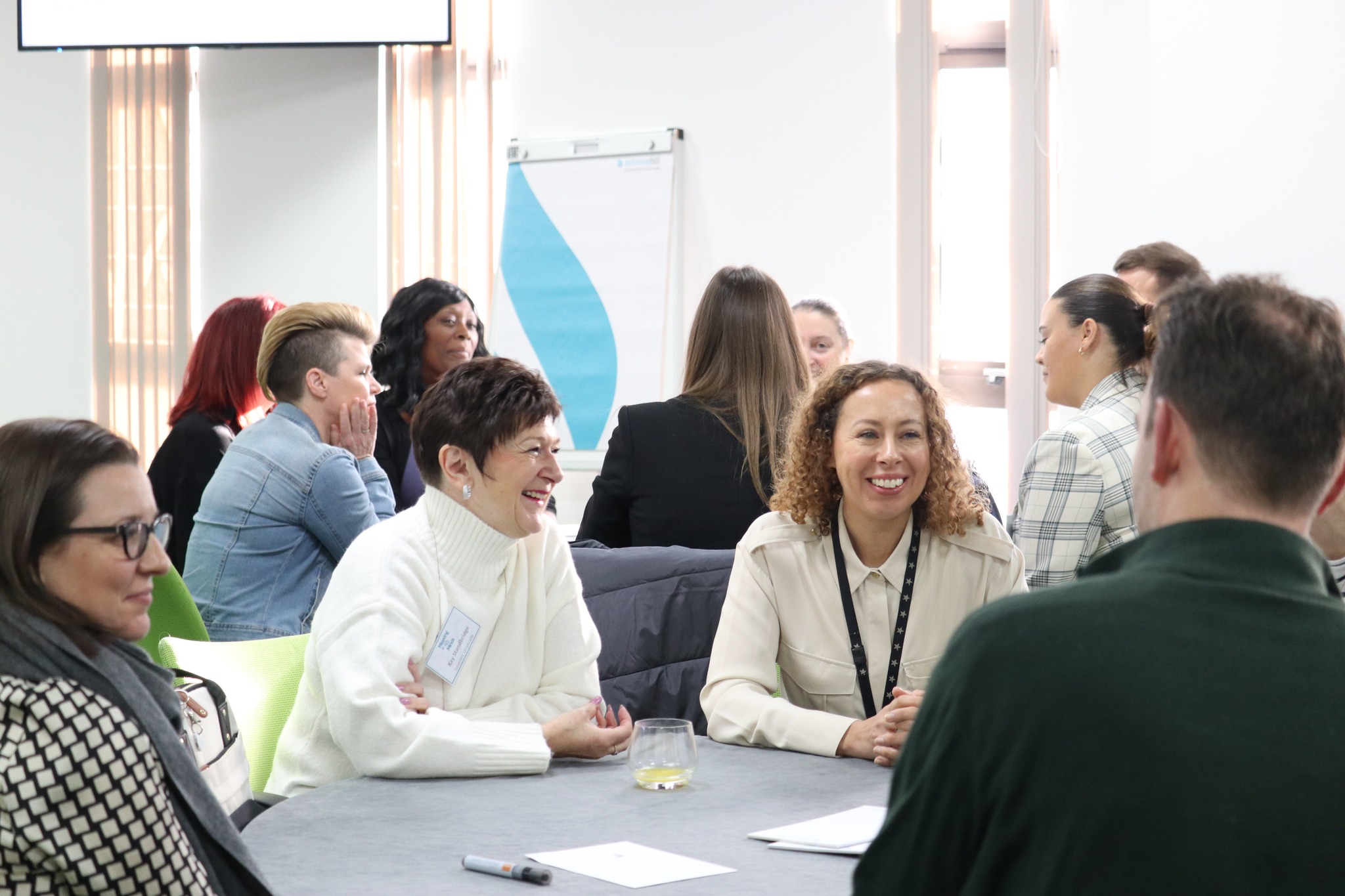Professionals highlight importance of in-person learning to combat digital fatigue at Leamington Spa event
Learning and development professionals have discussed the importance of returning to in-person learning to combat digital fatigue and aid the development of crucial skills at an event in Leamington Spa.
Representatives from businesses and organisations including Jaguar Land Rover, Coventry University, the NFU and Orbit Group were among the group of around 20 learning and development professionals at the third edition of Meeting of Minds at Ashorne Hill in Leamington Spa.
Steve Hicks, Senior Learning and Development Manager at Ashorne Hill, spoke at the event on ‘The True Value of the Human Experience’.
He discussed the impact of virtual learning following the pandemic, digital fatigue and that while learning and development professionals need to embrace technology, human experience and face-to-face activity is still critical to any learning approach.
Meeting of Minds is a free event which enables professionals to share best practice, new approaches, discuss organisational strategies and challenges, and gain insight into future learning trends.
It attracted representatives and consultants from major organisations, working nationally and globally, who manage learning and development strategies and training delivery at their companies.
Steve Hicks’ presentation followed a speech he delivered at the World of Learning exhibition last year. He said: “People want to hang on to some semblance of human experience and see its true value in an increasingly digital world.
“The pandemic saw learners redirected to the cloud as reliance on technology exploded, the impact on learning and development was significant and it is probably the most momentous quick change we have seen.
“Digital fatigue is a real issue. It harms performance, learning, relationships, and wellbeing. A recent survey showed that 61 per cent of people disable push notifications to their phone.
“Learning and development practitioners can inspire far better in-person than an unread push notification. Real-time interaction and shared learning can help you to understand better, this human experience is critical driving positive organisational change.
“It’s important that a learning environment enables honing of skills in safe space, and this is critical to developing exceptional skillsets with a long-term impact. Emotionally intelligent behaviour can also be practised and perfected in a face-to-face environment.
“The sector needs to keep pace with change and utilise effective technology, and more and more organisations are looking at a regeneration of face-to-face learning fit for a digital world.”
Attendees shared key challenges which they are facing currently in their learning and development programmes, including engagement, burnout, budgets and the culture of learning post-pandemic.
Jo Small, of Optima Training, highlighted some of the benefits of technology. She said: “It can work much better to use technology for people who are neurodivergent, it allows them to access learning at the pace they need to, they feel safer and it can better meet their needs.”
Joanne Walters, from the NFU, added: “Technology has opened the world but can also divide us, there is a generational gap where certain learners feel more comfortable in digital environments.”
Claire Evans, from Ashorne Hill, facilitated the event.
Ashorne Hill is a dedicated learning solutions provider, development and conference centre.
Jon West, Managing Director at Ashorne Hill, said: “We live in times of unprecedented change and there is a need to adopt a mind-set of continuous learning, innovation and collaboration.
“Meeting of Minds provides a space for that, a space to connect with peers and identify new solutions to shared problems. We’re excited about the future of this initiative and its potential to set the agenda to learning and development professionals.”
For more information about future Meeting of Minds events, visit www.ashornehill.co.uk/meetingofminds/

